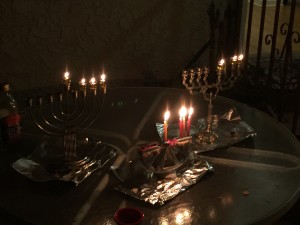“While we agree with many of Isaiah’s sentiments, and we too think that the poor, and the orphaned should be protected, we cannot abide the extreme and unfair language that Isaiah employs to describe our beloved city. Calling the city a ‘harlot’ and ‘filled with murderers’!? Why is he singling out Jerusalem? Has Isaiah looked around at other cities? Jerusalem is doing pretty well. We live in a rough neighborhood. Moreover, the calumnies that he heaps on the Temple are just unacceptable. He has no right to claim that God would say: ‘I am sated with burnt offerings of rams, …And I have no delight in lambs and he-goats. … Trample My courts no more; … Incense is offensive to Me. … Your new moons and fixed seasons fill Me with loathing; …And when you lift up your hands, I will turn My eyes away from you.’
“And this is not all. After defaming our city and our Temple, he puts forward outlandish ideas of how to run our country. Is this a sustainable defense policy? ‘They shall beat their swords into plowshares and their spears into pruning hooks. Nation shall not take up sword against nation; they shall never again know war.’ We have tried to cooperate with Isaiah on moderate and reasonable reforms. We too feel the pain of the marginalized, and the deficiencies of the sacrificial system. Yet, after the obviously malicious and slanderous language that Isaiah uses in his so-called platform, we can longer cooperate with him.
“Signed, the The Jerusalem Community Relations Council.”

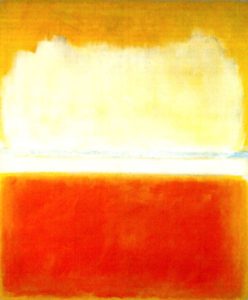
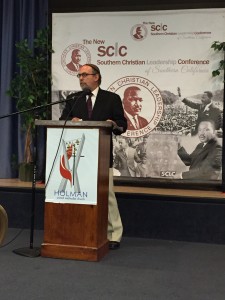
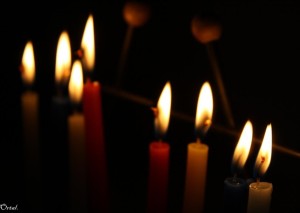
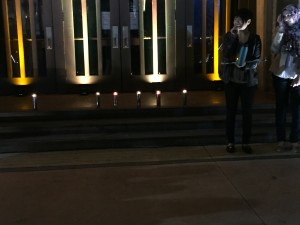 This is what I said:
This is what I said: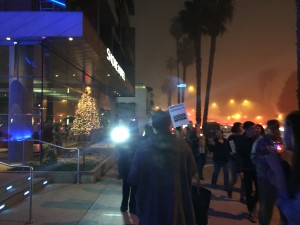 Tonight we light the fourth Hanukah light.
Tonight we light the fourth Hanukah light.